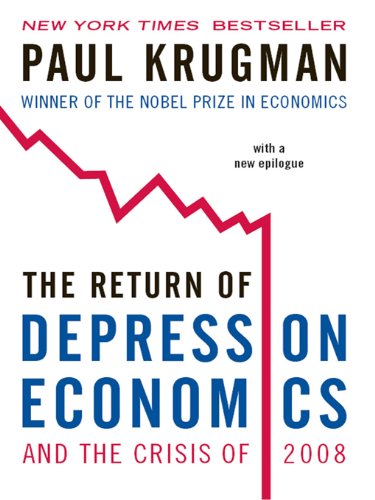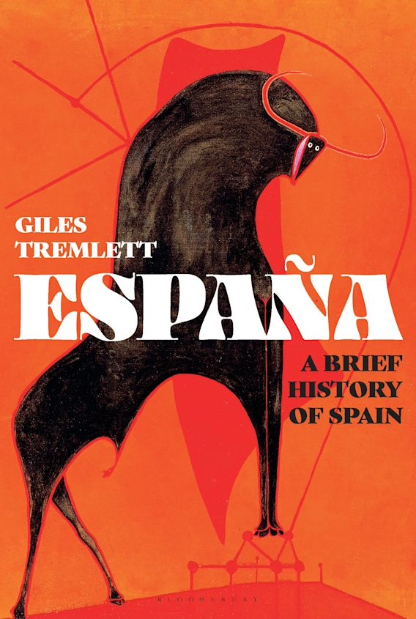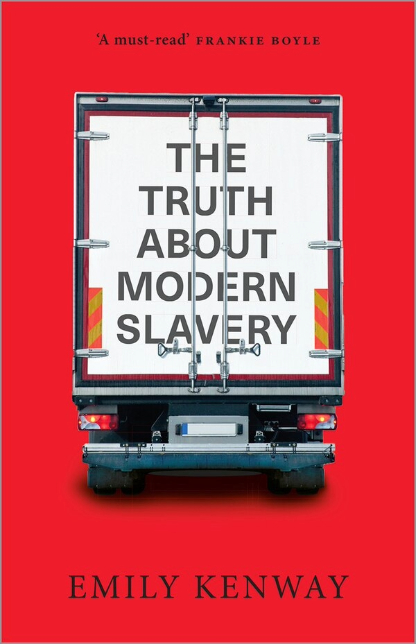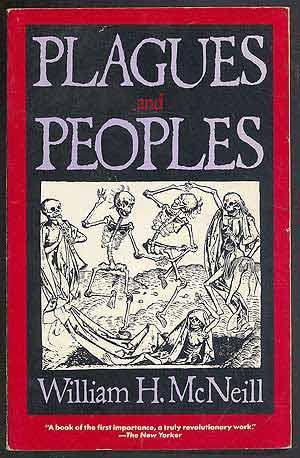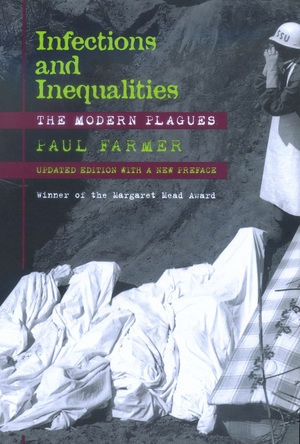Lights in the Distance: Exile and Refuge at the Borders of Europe, Daniel Triling, Verso Books, 2018, pp. 282, $35.99, ISBN 978-1-78663-279-1
In the summer of 2016, I had the privilege to meet Ali and Prince. Ali and Prince were refugees from Afghanistan, passing through Serbia on their way to a country in Western Europe. I met them at a park in downtown Belgrade where a large contingent of refugees congregated due to the lack of space in facilities designated by the State to house them. The park was dubbed “the Afghan Park” and at its peak, that summer numbered more than 200 people, mainly men, but women and children as well. I will focus on Ali’s story.
Ali used to be a truck driver in Afghanistan, driving the route from Kabul to Peshawar; although he seemed to know every route in eastern Afghanistan in detail. One evening, we spent more than 3 hours just watching videos of the most dangerous roads in Afghanistan on YouTube with him commenting on how to navigate a particularly dangerous bend without falling into the abyss. He lectured me on the reasons behind Soviets building these particular roads and which strategic points they connected. He taught me about Afghan customs and food. In an abandoned warehouse close to the park, with the help of salvaged pots, some firewood, and imagination, he prepared what he said was kabuli palau, without the luxury ingredients such as meat. While we ate, Ali recounted how he came to be where he is.
Ali left Afghanistan in late 2015, after a particularly deadly suicide attack in the capital. Packed with several others in the trunk of a car, he crossed the border into Iran. Naturally, I was skeptical about the fact that multiple people can fit in the trunk of a car, but Ali’s documentary evidence left me shamefaced. There he was, smiling out of a trunk with a pair of legs at either side of his face. In Iran, the group was caught, beaten up and threatened by a group of policemen. He went on to compare the Iranian police with the Turkish, grimacing at the mention of both. “They are the worst”, he used to say. After having crossed the border with Turkey, Ali went sightseeing in Istanbul before quickly moving to the Bulgarian forests where he was caught by the police, his group had dissipated by then. The police demanded he pays them to be freed and hand over any belongings that he may have had on him. For Ali, this consisted of the clothes he wore and his cell phone. This is how Ali was stripped of his only means of communicating with his family and only source of distraction and connection to the world beyond the immediate. The Bulgarian police, having seen that they cannot extract much from the fellow, left him be. Having regrouped with people in similar situation, they moved on to Serbia. To cross to Serbia, the refugees use forests of the Old Mountain. There, however, another danger lurks; the smugglers. Acting much the same way as the police, they apprehend and extort, beat up and threaten. They would contact the family of the person in Afghanistan and demand ransom, threatening to kill if their demands were not satisfied. Yet again, Ali managed to escape and continue on. Serbia, Ali said, was great. The police does not beat you, they just harass you in the morning. Indeed, I experienced what he meant by that myself. After having stayed with Ali and our friends in the park late one night, we decided it was best for us to sleep in a car park, given that no buses ran to my house at that hour. At around 5 am, a pair of grinning police officers kicked us awake, cursed me in Serbian for hanging out with the refugees and told us to go to the park. For Ali, this was as good as it ever got.
Part
of the reason why the Serbian State was ostensibly lenient and ‘humane’ to the
refugees was because none wanted to settle in Serbia. I explained to everyone
who cared to listen that they could apply for asylum here, but none wanted,
seeing the dire situation the citizens themselves are in. Indeed, their
presence invited xenophobic and racist attacks from the wealthy citizens whose
downtown vistas were ruined by the refugee presence in the park they walk their
dogs in. One particular afternoon, I witnessed one of these wealthy lowlifes
walk his dog right over a family of Afghani refugees, who were naturally
terrified of the dog whose breed escapes me but was certainly not a poodle or a
chihuahua. In fact, the man stood in front of the cowering woman, who was
shielding her child and hurled a slurry of insults at them. The confrontation
between us and him went something like this:
lowlife: “they shit and piss under my
window, why don’t they go back to where they fucking came from? This is my park
and I walk my dogs here, they don’t have any right to be here. They pollute and
stink up the park”
us: “every single person here is escaping
violence and poverty at a scale that you can’t even begin to imagine. They are
literally fleeing for their life and are settled temporarily in this park for
the lack of a better place; doing as best as they can to retain their dignity
while at the same time not inconveniencing anyone else.”
lowlife: *swears and walks away*
And indeed, the refugees of the Afghan Park (which contained people from other countries such as Bangladesh, Pakistan, Sudan, and Somalia as well) did their best to go unnoticed. They would even organize themselves to clean the park, to ensure that no trash is left on the grass doing much more than the lowlife who does not bother to pick up his dog’s shit.
Ali was in Serbia for more than 6 months, having survived the winter on the charity of the local mosque and was now surviving the summer. Somehow. His attempts to cross the border with Hungary were thwarted, curtesy to the double barrier put in place by Orban. Having cut through the fence and crossed into Hungary, he would be spotted by the police helicopter and pursued by the police on foot, caught, and returned to the Serbian side of the border. This often entailed deep cuts from the wire, dog bites, infections and the inability to properly treat the wounds. Once a boy was rushed by ambulance from the border, with what was later reported to have been dog bites that severed the boy’s leg.
What always amazed me by Ali was that as cliché, as it sounds, he never lost hope and remained true to his goals. His year-long journey of beatings, extortions, threats, insults, and failures never made him turn back, settle for something less. Even when on a particularly hot night, after most of our group departed and successfully made it to their destinations he lamented: “there are no more people I know left here. Everybody left. Only I stay”. A tinge of sadness was visible on his face for the first time.
The next morning he was gone.
Ali’s perilous journey was determined not by himself, but by the policies put in place by the governments of Western countries, intent to keep the undesirable people at bay. Scholars such as Violenta Moreno-Lax have emphasized the widening, thickening and externalization of the EU border. With the development of the common market and the abolition of internal frontiers between the member states, the focus was placed on strengthening the external frontier. The need to define a member and non-member was crucial in the development of the ‘Integrated Border Management’ (IBM), which sought to administer migratory flows at all stages. This process goes beyond checks at the border and extends to the pre-departure and post-arrival phases. Scholars such as Violeta Moreno-Lax have argued that the IBM paradigm is an embodied border, whereby the migrant carries the border with her at all times. Technology and surveillance policies ensure this fact. For example, the first generation and second generations of the Schengen Information System (SIS), Visa Information System (VIS) and Eurodac are geared towards ensuring that aliens are refused entry. ‘Smart borders’ offer further assistance in filtering the potential entrants. Moreover, these technologies employ war-like hardware: satellite imagery, radars, thermal sensors, and drones. One merely needs to look at Spain’s deployment of SIVE to come to the conclusion that the control of migratory flows is a militarized endeavor. The EU’s borders are not only digitized and militarized but also externalized through the collaboration with third parties in the management of refugee flows. Likewise, through visas, carrier sanctions which penalize carries who transport individuals without proper paperwork, and immigration liaison officers, the EU delocalizes the border and extends it outwards. If the individual trying to reach Europe is to surmount these far-away obstacles, they are met by Frontex or the European Border and Coast Guard since 2016 whose expanded mandate allows its officers to carry and use fire arms. This naturally leads to the violation of human rights, with the guards using firearms to interdict migrant ships and leading to numerous deaths. With these processes, the European border is fully securitized and transformed into control nodes aimed at preventing the flow of people, rather than facilitating. What is most cynical about the operations of Frontex is their guise of humanitarianism. Frontex invokes human rights, but paradoxically it is this invocation of human rights that serves to curtail them through interdiction at sea and denial of safe access to Europe.
This is why Ali had to undertake the journey that he did. This is why he had to spend thousands of dollars his family doesn’t have on smugglers.
Daniel Trilling’s book Lights in the Distance gives a voice to the refugees who undertook similar journeys as Ali, for much the same reasons. The interviews Triling conducts discuss life in European refugee hubs such as Calais, Catania and Patras, as well as Turkish ones such as Izmir. Interviewing numerous people, Trailing shows the commonality of their experience, whether it be trying to cling to a lorry, suffocating in the back of it, capsizing in the Mediterranean or paying dishonest smugglers and living in make shift camps and squats while being verbally and physically abused by the police and the State. Another such commonality is the persistent exclusion from society and exploitation. Being quarantined, or spending days on end in a camp in Catania without being given the right to work and find sustenance or on the other hand being paid 25 euros per day to work all day on a Greek farm or made to pay extravagant fees for shelter, the refugee is stripped bare of her agency. They are to be acted upon by the State or by the humanitarian agencies but never allowed to participate in the society.
Trilling’s is an informative book, bringing the everyday reality of a refugee to a reader seated comfortably in their chair. It is a hard read and one cannot escape the feeling of frustration and anger the stems from it. It comes at a time when walls are going up around the world, be it in the United States or Hungary, and when those walls are being guarded by the machinery of war. One can only assume that there will continue to be many stories such as Jamal’s, Zainab’s, Ousmane’s, Caesar’s, Hakima’s, Nisrin and Azad’s, and Farhan’s in the years to come. And it is important to remember that these are not only stories, these are actual lived experiences.
And we should be ashamed of that. Maybe our shame will be a spur to action to combat these destructive policies.
